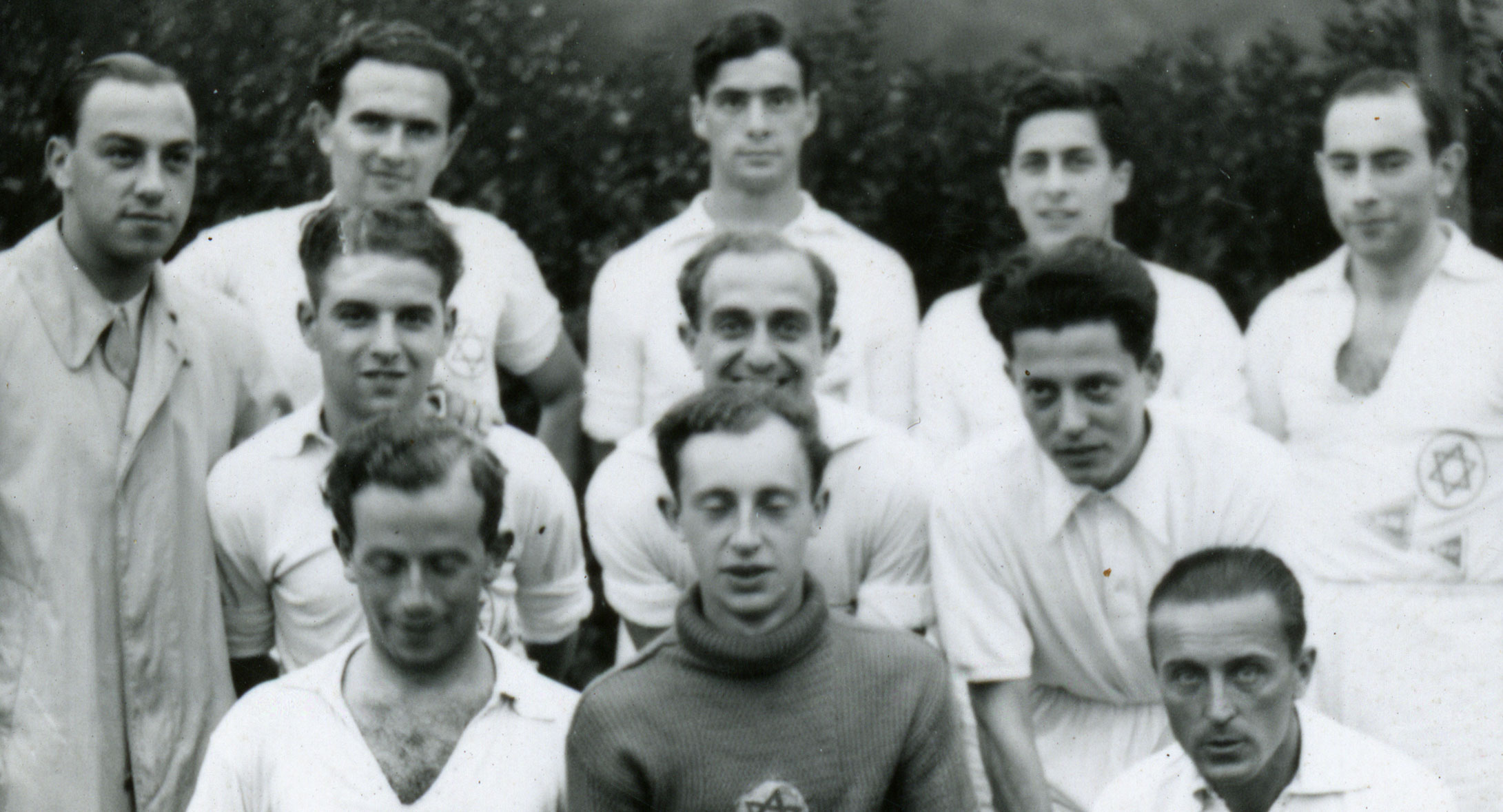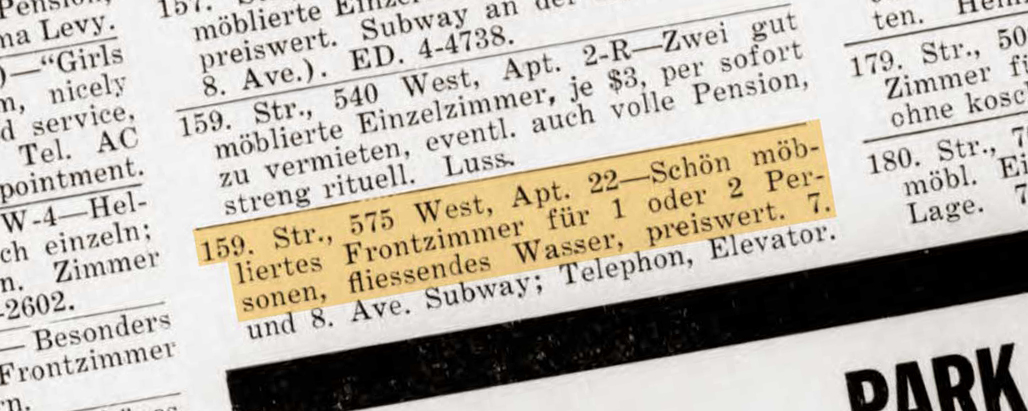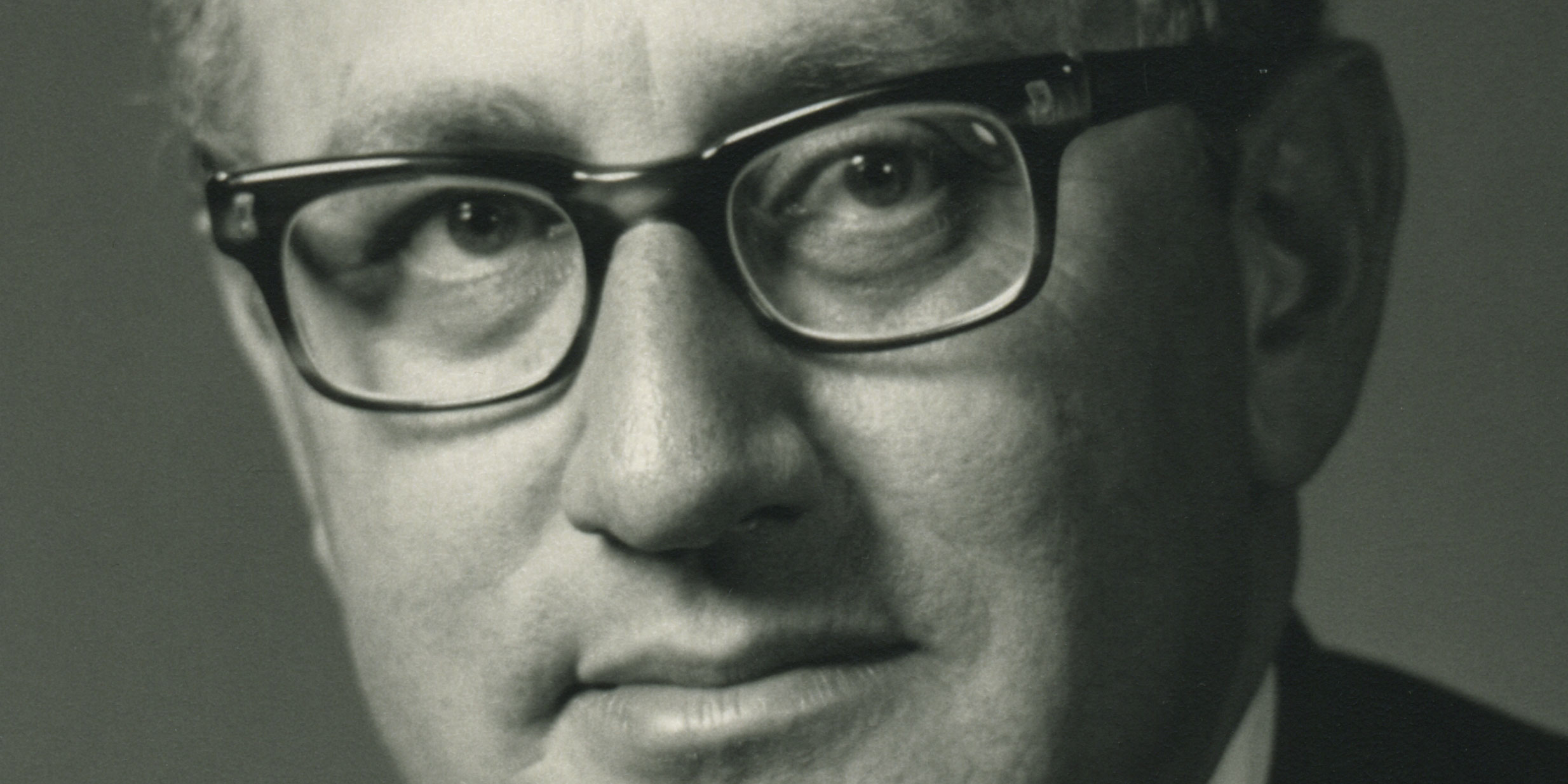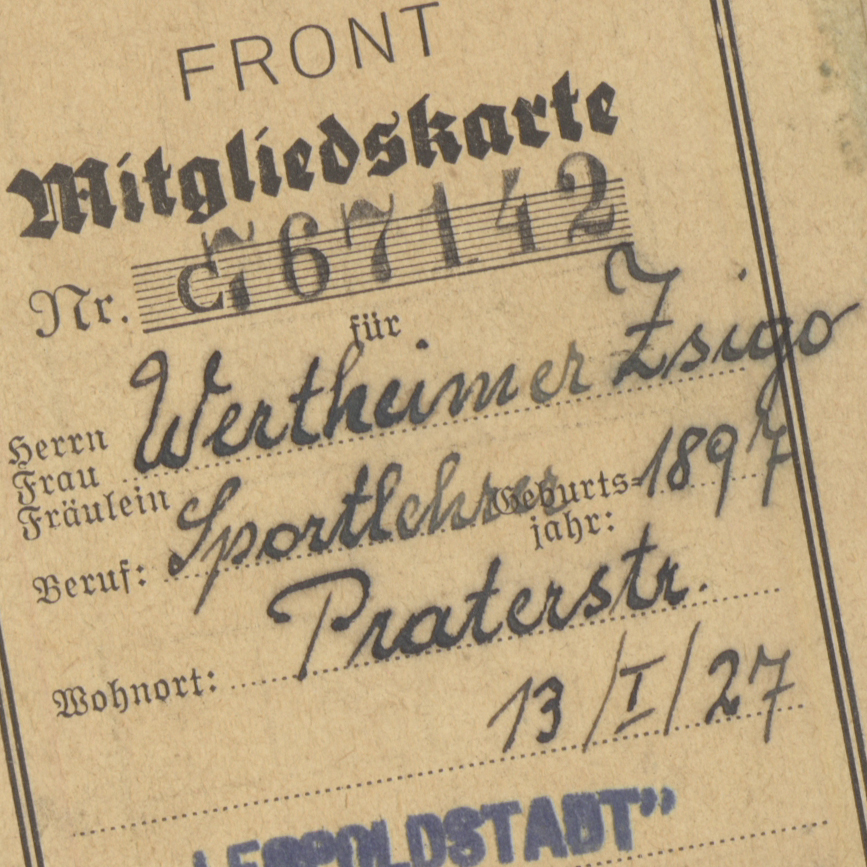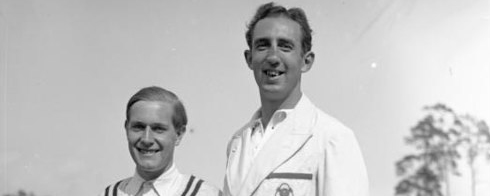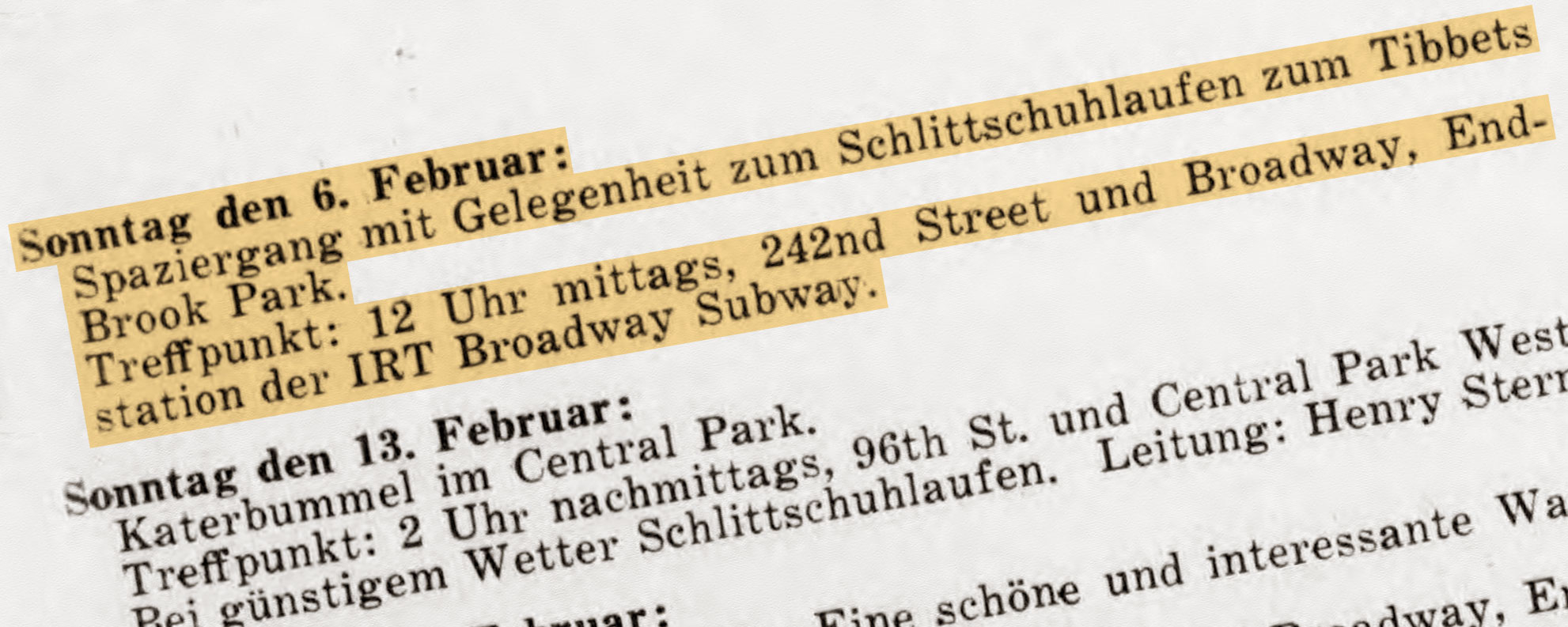Joint summer camp promotes integration
The American Friends Service Committee promotes the integration of Jewish refugees
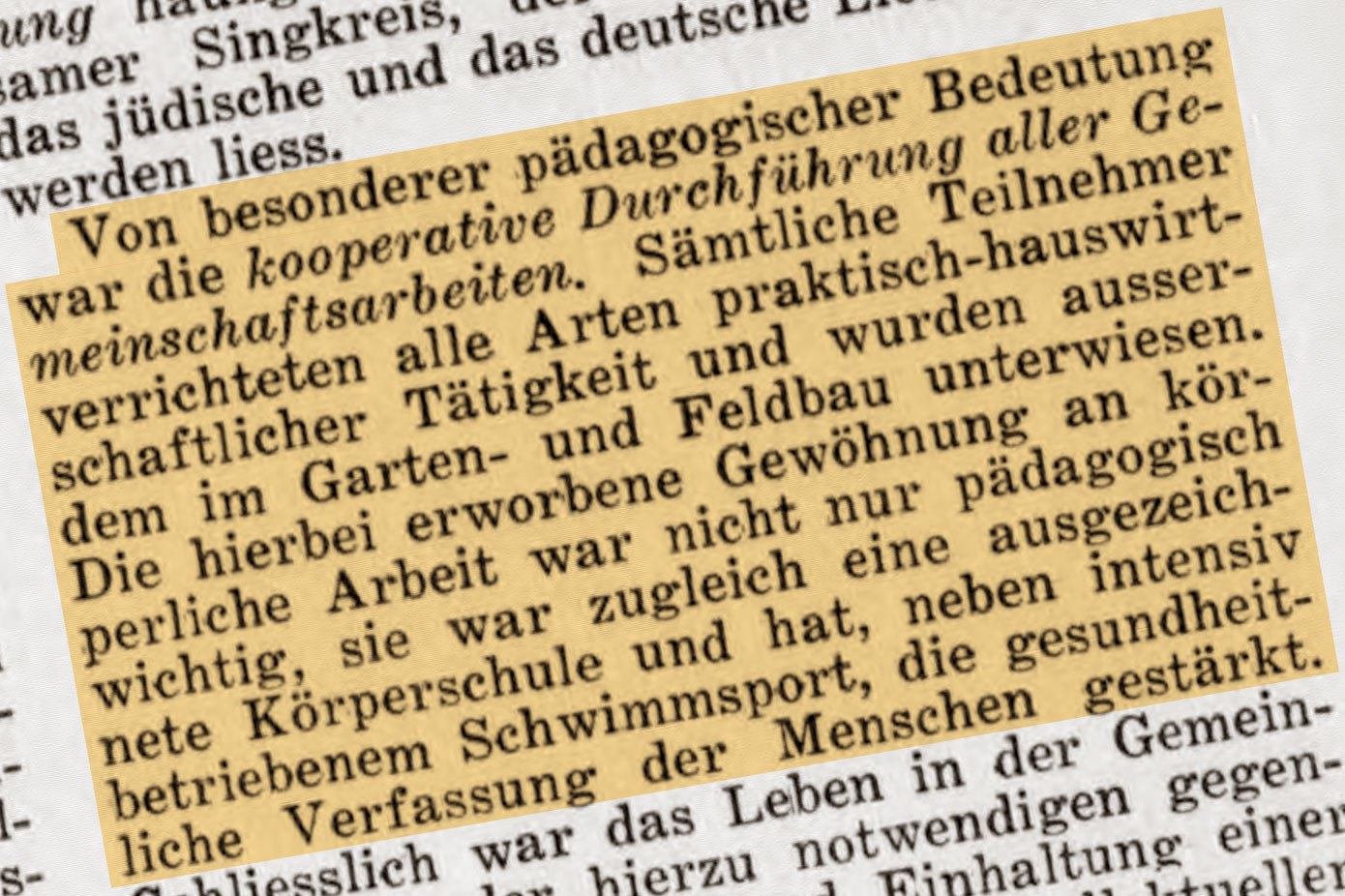
“Of particular pedagogical significance was the cooperative carrying out of all communal work. All participants engaged in all kinds of practical household activity and were instructed in gardening and agriculture. Familiarization with physical work thus obtained was not only pedagocically important, it also was an excellent school for the body and, along with intensive swimming, strengthened people's constitutions.”
Hyde Park, New York
Numerous Jewish organizations, such as the Hebrew Immigrant Aid Society, German Jewish Children’s Aid and the Boston Committee for Refugees were dedicated to the rescue of refugees from Nazi Germany. In 1938, it was a non-Jewish body, the American Friends Service Committee, that came up with a particularly good project: from mid-June to the beginning of September, it ran a camp in the Hudson Valley for about 70 persons, mostly Jewish refugees from Nazi Germany and about one third Americans, for the two sides to get to know each other by working, studying and singing together, sharing household chores, attending lectures and religious services and playing sports or games with each other. The author of this article in the October issue of the Aufbau is full of gratitude for what he calls “a remarkable contribution to the internal integration of our people in the country.”
SOURCE
Institution:
Leo Baeck Institute – New York | Berlin 
Collection:
Reinhold Herz, "Nichtjuden helfen," Aufbau, Vol 4. No. 11, p. 5 








































